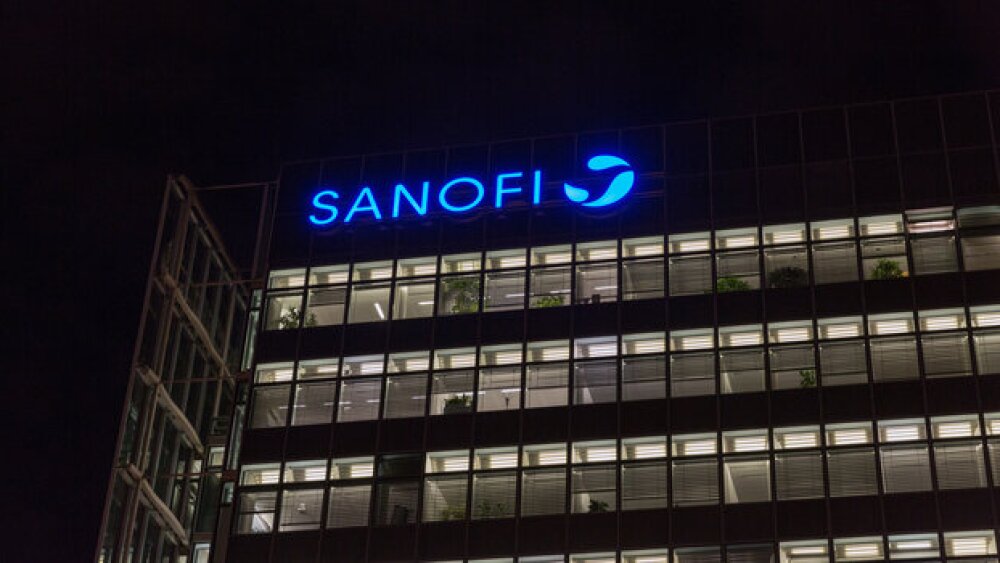At 52 weeks of follow-up, more patients on Eli Lilly’s monoclonal antibody Omvoh demonstrated histologic response, suggesting better long-term outcomes than Johnson & Johnson’s blockbuster therapy Stelara.
Eli Lilly on Monday revealed long-term data from the Phase III VIVID-1 study, demonstrating that its anti-inflammatory antibody Omvoh elicited better histologic response at 1 year versus Johnson & Johnson’s Stelara in patients with Crohn’s disease.
After 52 weeks of follow-up, more patients in the overall sturdy population treated with Omvoh achieved histologic response, as defined according to the European Crohn’s and Colitis Organization’s (ECCO) criteria on mucosal histopathology. Omvoh retained the advantage even when focusing on the subgroup of patients with active histologic disease at baseline and with at least one prior biologic failure.
According to Lilly, these effects were “nominally statistically significant.”
In terms of safety, Omvoh’s adverse events in VIVID-1 were consistent with its known profile in ulcerative colitis. Most common side effects included anemia, arthralgia and upper respiratory tract infections. Serious adverse events occurred more commonly in the placebo group.
Mark Genovese, senior vice president of development at Lilly Immunology, in a statement said that with these findings from VIVID-1, the company “is setting a higher bar for the evaluation of long-term treatment response in inflammatory bowel disease,” one that employs “more ambitious targets of mucosal healing.”
Omvoh is a humanized IgG4 monoclonal antibody that selectively targets and inhibits the IL-23 cytokine, thereby preventing its interaction with its corresponding receptor. Through this mechanism of action, Omvoh modulates the differentiation, proliferation and survival of several T cells and innate immune cells, exerting an overall suppressive effect on mucosal inflammation.
Omvoh is approved for the treatment of moderately to severely active ulcerative colitis, for which it won the FDA’s nod in October 2023. Lilly is working toward the expansion of Omvoh’s label, using Monday’s data from VIVID-1 to support its regulatory submission with the FDA and other global health authorities.
Lilly is also continuing to expand its understanding of the therapeutic potential of Omvoh in inflammatory bowel diseases, with ongoing trials in Crohn’s disease and ulcerative colitis in children.
If Lilly succeeds in pushing Omvoh into Crohn’s disease, it will compete with J&J’s blockbuster drug Stelara, a deeply entrenched treatment option in the inflammatory diseases space. In 2023, Stelara sales jumped 11.7% to nearly $10.9 billion.
Aside from the potential threat of Omvoh, Stelara is currently contending with mounting biosimilar competition due to the expiration of its crucial patent protections.
In April 2024, Teva and Alvotech won the FDA’s approval for Selarsdi, their Stelara copycat for psoriatic arthritis and plaque psoriasis. Selarsdi, however, is not approved for Crohn’s disease and ulcerative colitis. In July 2024, Samsung Bioepis got regulatory approval for its biosimilar Pyzchiva, which will compete with Stelara in psoriatic arthritis, Crohn’s disease and ulcerative colitis.






